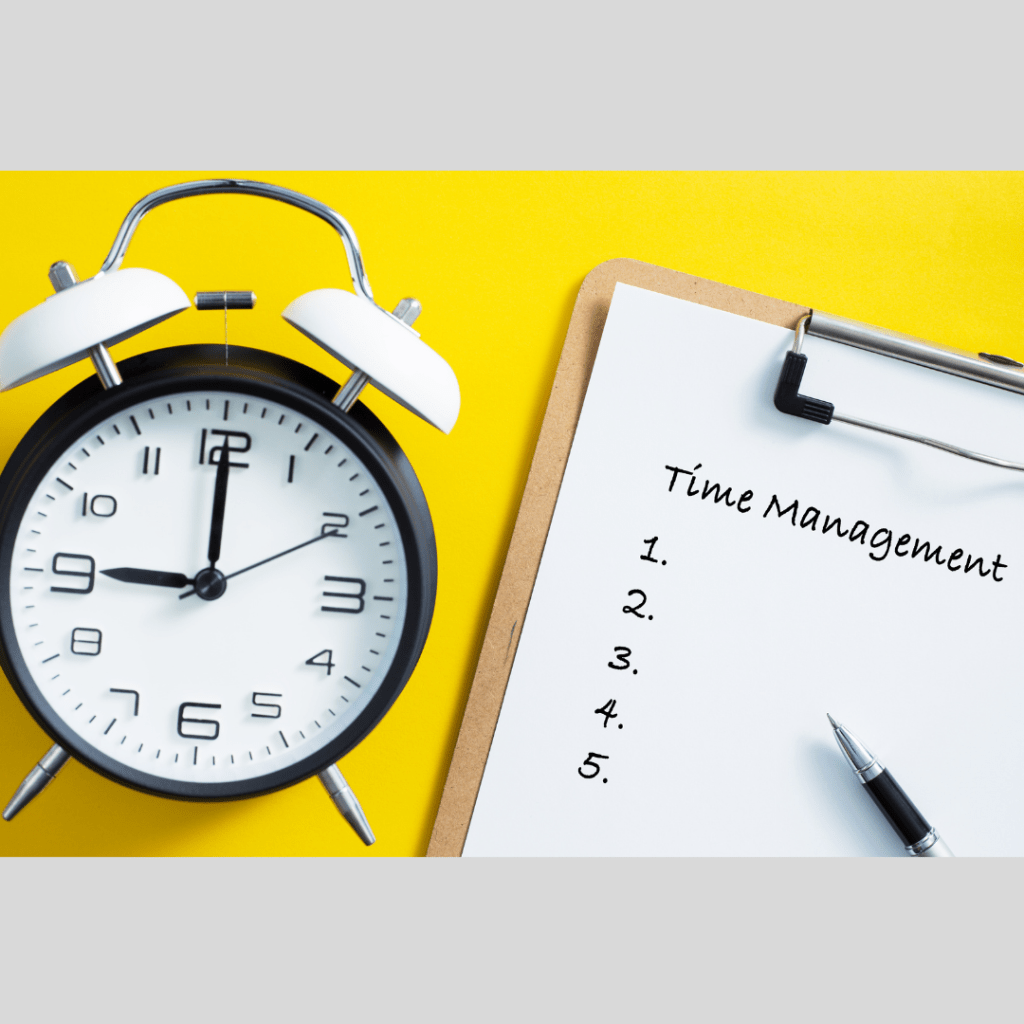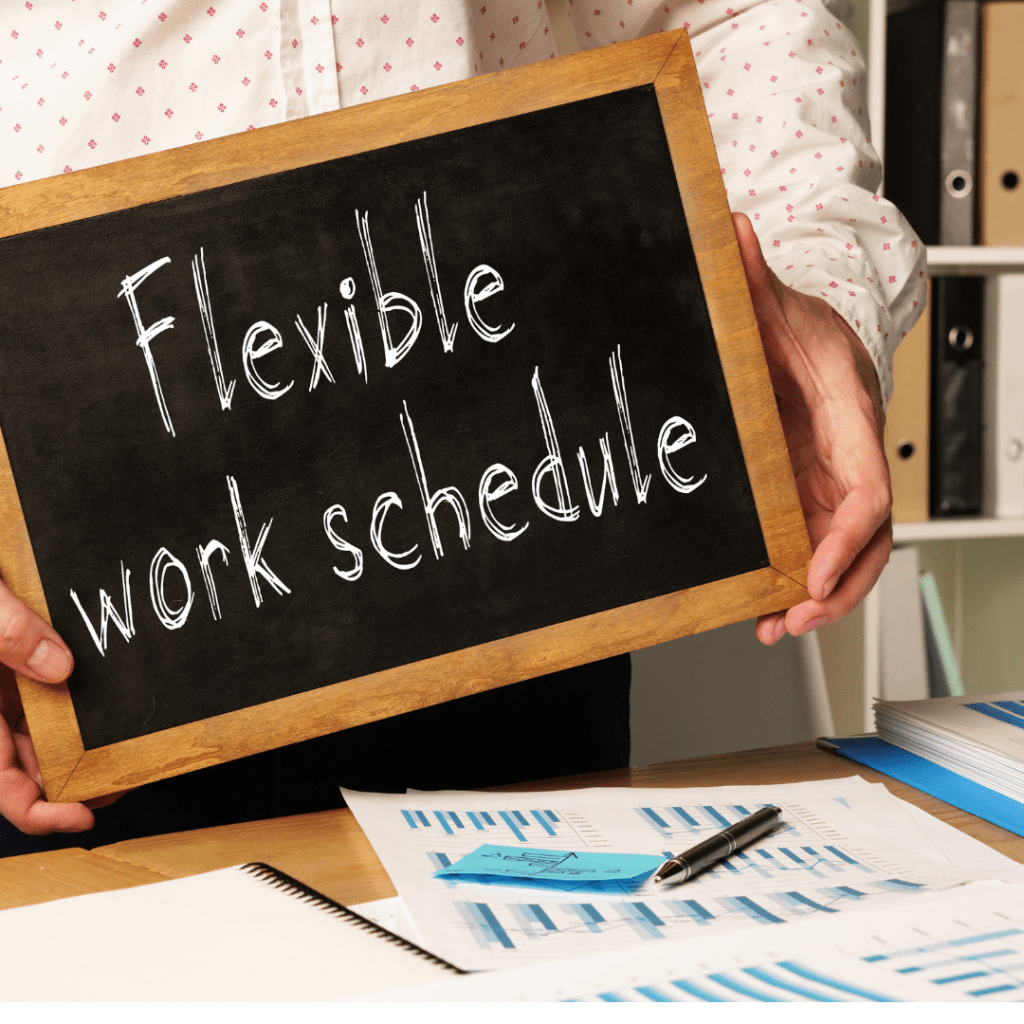How many times do you think of a great idea and launch with gusto, thinking ‘this is it, the greatest thing since sliced bread’, only for it never to get finished? We all do this from time to time. Sometimes you might even find yourself completing all the planning and detail, but just find that you lose interest in it and then the end seems further and further away. Procrastination starts to creep in, and before you know it, you’ve stuck your project on the back burner to ‘come back to later’. Inevitably, later never comes, so how can you be sure that whatever you start is going to be finished?
Here are a few tips to help you…
Be choosy about what you start on
Make sure that whatever it is you want to do, that it is something that you are passionate about, something you really WANT to achieve. If you start on something with a half-hearted attitude, you won’t see it through. For example, I once decided I was going to make myself a skirt…now I absolutely hate sewing, but I thought it would be a good idea to help me save money etc. That skirt was started when I was in my 20s and I finally threw it away in my 40s when I realised it was never going to be finished. Why didn’t I finish it? Because I hate sewing and it was a chore to even get started on it.
Be more cautious about what kind of thing you embark on. If it’s something you are passionate about, you are more likely to be interested in the planning and actioning stages and won’t be wasting your time.
Another tip would be to try it out first – for example if you want to start a business, read up on it first. Find out as much as you can about it and see if it’s for you. You might want to volunteer somewhere in that sector or offer to help a similar business you know to find out if it’s something you’d really like to do. Then if you do decide to go ahead, you’ll know more about it.
Check out what resources you’ll need
Big companies and corporates always look at resource planning, so they have a rough idea of what is going to be needed for their project. They also look at how long it is likely to take and how much it is likely to cost. Planning out a quick overview of these things could save you lots of time and energy later, and you’ll immediately know if your project is viable. And you can use your initial planning to help you when you go into more detail.
For example, I recently published my first e-book on Amazon Kindle. It took me ages to write it as I didn’t plan it properly to start with. By the time I’d written several chapters, which took months as I did no planning, I realised that to really do it justice, I needed to start again…and start with the planning. So, I…
- Created a rough outline of the book and what it would contain
- Found relevant quotes and statistics and listed resources for those quotes and stats
- Wrote bullet points of each of the chapters and then put them into some sort of order
- Write the material properly
- Designed the front and back cover
- Wrote a brief bio
- Created the sales page and any graphics I wanted to use for that
- Made notes about how I would market the book
- And gave time to edit, edit, edit!
This gave me an overall view of the book and what it would cover and look like. Which brings me nicely onto the next point…
Time management
Once you have the plan in place, as I did with my book, you will now have a more realistic idea of how much time it is going to take you to complete your project.
Now, for me, lists work extremely well – I am a list person! As I work online, I needed to factor in the time to do all the things in my plan. You will need to do the same. Plan out your tasks and resources, put them into manageable chunks of time and make a to-do list. Then plan on your calendar when you will do those tasks and book that time in.
I think the thing that puts a lot of us off when we are thinking about something we really want to do is that we don’t think about how much time and effort it’s going to take to make that dream come true or bring that project to a successful close.
My book took me 2 years to write because of procrastination and another year to think about publishing it. I had planned everything, but life kept getting in the way and other work deadlines, so I kept putting it back, despite all the planning. So, deadlines are important to keep you on track – be realistic about the time you can give.
Don’t be a perfectionist
Now, I struggle with this as I like things to be just right. However, I did so many edits on my book that in the end, I had to say to myself, ‘STOP’ and just go with what you’ve got…because every time you review something, you change it! Instead, if you are working on a project and find you are revisiting part of it repeatedly, STOP! Move on to the next part and return much later to review again. You’ll probably find that what you thought was not good enough, suddenly sounds or looks great…or that whatever you thought was a massive no-no, suddenly really isn’t that big a deal at all.
If you find that you are being so anal about every single little detail, you will never finish, so try to break down each of the tasks into smaller, more manageable chunks and put your energy into completing each small part.
Make a commitment
If you are going to go ahead with whatever your project is, then make a definite commitment to it. Whatever you put in your to-do list, commit to it, give yourself the time to do it and DO IT! If you find yourself going off on a tangent, try and get back on track. If, along the way, you come across something you hadn’t planned, but it’s needed, go back to your plan, and add it in – and make sure you plan the time to add it!
It’s also about committing to yourself. It might be that if you start to fall behind your schedule, you might need to give up other things in order to achieve your goal. If that means saying no to a couple of nights out or weekends away, so be it. You can do that any time, but your project is now! Once you commit…really commit to it. Once you have finished your project, those nights out and weekends away will still be there and you’ll have achieved your goal, so will enjoy them all the more. If you do them whilst you know you should be working on your project, you’ll be feeling guilty and when you do get back to it, you’ll be annoyed with yourself for not being further ahead.
Keep your energy up – visualise the end result
At the beginning of any project, we’re all the same – full of enthusiasm and energy for what we’re about to achieve. But that seriously wanes as time goes on. You know you still want to do it and you’re still excited about it, but you’re not quite so energetic about it as you were in the beginning.
It’s usually because you’ve lost sight of the end result. You need to be able to close your eyes and visualise that end result – what does it look and feel like? Maybe have a mood board with what it will look like – try and imagine how you’re going to feel when you get there. If your goal is to earn enough money from your project to buy a dream house or car, have photos of what that looks like on your desk, or on your wall in your workspace.
Be flexible
This is really important. If you’ve planned everything out and then try and do it in a certain order, you might hit a task you’re not too enamoured with. This then makes it easy to procrastinate. So, be flexible! If you’ve got your tasks down in order, and you don’t feel like doing task number 3, or start task number 3 and aren’t really enjoying it, don’t feel you have to stick with it. Move on to another task and come back to it later. If you don’t you could find yourself at a complete standstill. For example, one day when I was writing my book, I was bored with it and didn’t feel like writing, and I was allowing myself to become distracted by social media or email. So, I stopped what I was doing and started working on designing the cover of the book. Over the course of writing it, I changed the cover about ten times, but I enjoyed every minute!
Keep a record of where you are
Tracking where you are is crucial, so you know what you’re doing and when, how things are progressing and if you need to amend anything to keep on track. Every week, keep a record of what you’ve done and how it went – what went right and what went wrong. Then you can amend what you need to do the following week.
Celebrate your achievements
When you plan how you’re going to achieve your goal and finish your project, put in little milestones along the way. Then, when you reach those milestones, have a little celebration. This really helps you stay on track and to stay with your project. Each milestone brings you that little bit closer to the finish line.
Don’t feel guilty if you do give up
Finally, not every single project you start out to do will get finished. No matter how much planning you do, if you really lose interest in it, or find that something is not viable after all, don’t flog a dead horse. It might be that by working on one project, you get an even better idea for something completely different – and then that initial project becomes a chore because your heart really isn’t in it anymore.
I don’t mean just give up as soon as it feels a bit hard, or your interest wanes a bit – that’s normal. If you’re almost there and just need to find the energy for that final push, then go for it and push yourself
But, if it’s really not working out, then stop. Go away and do something else and then come back to it after a couple of weeks. If you still can’t get going with it, it’s time to call it a day. And don’t feel guilty about that – sometimes, despite all your best intentions, something just won’t work. At the end of the day, it’s up to you to weigh up the pros and cons.
Conclusion
I hope these tips will help you with your planning process and help you overcome some of the natural procrastination that comes with all projects.
If you found this article useful, please feel free to comment below or to share. And if you’d like to take a look at my book, it can be found on Amazon.






